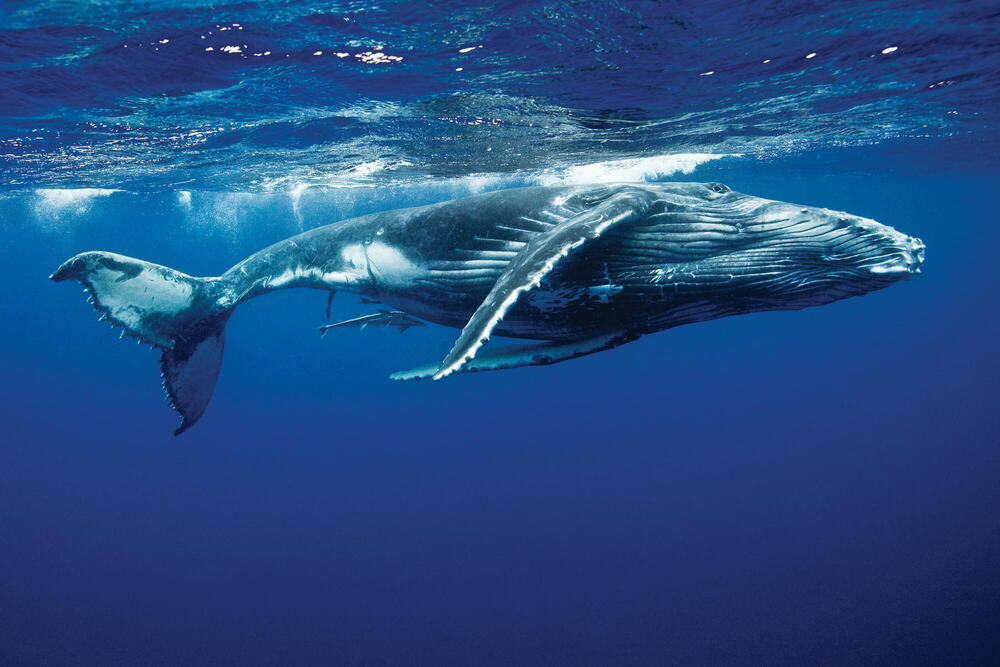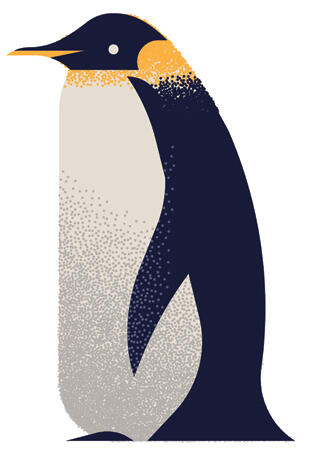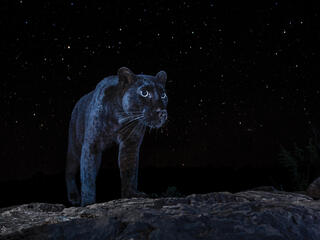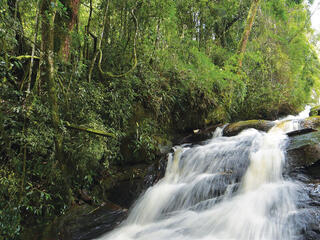According to a 2020 study by WWF researchers and partners, climate change could dramatically redraw the map for marine megafauna, impacting ecologically and culturally important species and the people who depend on them.
For one, it will affect ocean predators’ food sources, as prey succumb to the heat or swim to more hospitable waters—generally moving toward the poles—with predators in pursuit. It will also alter habitats (think melting polar ice, but also violent storms burying seagrass beds or tearing up coral reefs). And shifting water conditions—including temperature, acidity, and current patterns—could decrease some species’ ability to reproduce or lead to more disease outbreaks.
Not all species will successfully adjust their ranges. Thwarted by shipping traffic or blocked by land masses, some will not survive. These changes will affect human communities too, including Indigenous peoples who have strong spiritual ties to marine species and rely on them for their livelihoods.
But there are ways to manage the impacts on marine wildlife and people alike. The study’s recommendations include doing more research to better understand where animals are headed; protecting key wildlife areas like mangrove forests and migratory corridors; and helping people in affected communities understand, prepare for, and adapt to a changing ocean.




